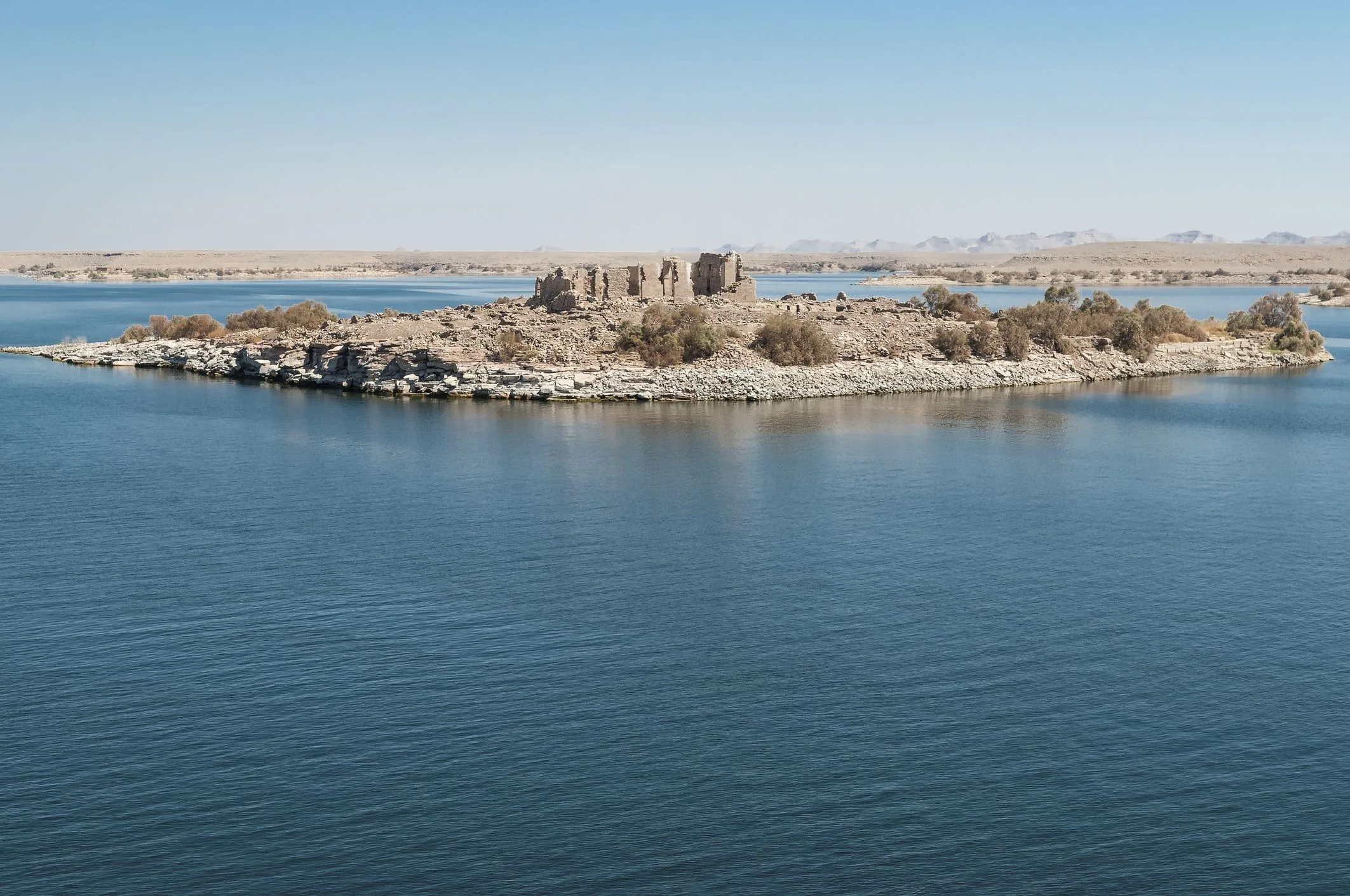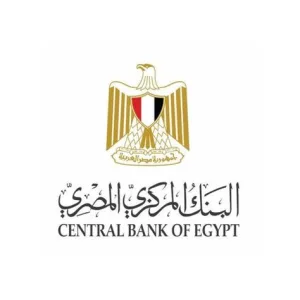Lakes and waterfronts are a vital natural resource that are economic and environmental assets in Egypt. Their significance has been recognized by legislators through the ratification of Law No. 146 for the year 2021 on the Protection and Development of Lakes (the “Law”). The Law aims to protect waterfronts including lakes, ponds and their surrounding beaches as well as creating a unified framework regulating fish farms and fishing activities in Egyptian waters.
The Law was published in the Official Gazette on 2 October 2021 and entered into force on 3 October 2021. The Law is issued in accordance with the provisions of the Law on the Protection of Natural Protectorates’ and replaces the previous, fragmented legal regime regulating fishing activities under Law No. 124 for the year 1983 alongside the numerous decrees covering various aspects of the fishing industry and the development of lakes and waterfronts in Egypt. It is expected that the executive regulations of the Law will be issued within six months from the date of publication of the Law.
We will delve into the key highlights of the Law below.
New Regulatory Authority
Amongst the series of legislative reforms in the Law is the establishment of the Protection and Development of Lakes and Fisheries Authority (the “Authority”) as the new competent authority tasked with being at the forefront of the policymaking and regulatory oversight for the protection of lakes and waterfronts in Egypt.
The Authority is tasked with protecting, developing, and exploiting lakes and waterfronts as well as protecting and developing fisheries and aquatic life, with a view to enhance the national economy.
The main responsibilities afforded to the Authority include, inter alia, (i) adopting general policies to achieve its goal of protecting and developing lakes and waterfronts; (ii) issuing approvals for projects undertaken by various entities which impact lakes and waterfronts; (iii) undertaking regulatory oversight and ensure compliance with the relevant fisheries provisions and decrees issued; and (iv) establish and implement licensing rules, conditions, and procedures.
Licensing Requirements
As part of the increased regulatory oversight, the Law provides certain licensing requirements for undertaking activities in or surrounding lakes and waterfronts as well as fishing activities.
With regards to activities concerning lakes, the Law places an obligation to obtain a license for, inter alia, (i) the possession or use of any machinery, equipment or tools for raising water within lakes; (ii) constructing islands, bridges or dams in lakes or enclosing any waterfronts; and (iii) setting up any facilities, conducting business or practicing any activities on the lands within the vicinity of lakes.
Fishing activities are further subject to licensing by the Authority, including the requirement that boats undertaking fishing activities are to obtain a license and their sizes be pre-approved by the Authority. The Law further stipulates that the establishment of fishing farms and hatcheries require licenses from the Authority.
Precise details regarding the licensing requirements and procedures related thereto are expected in the executive regulations of the Law.
Protective Measures and Restrictions
In addition to the licensing requirements outlined above, the Law places stringent protective measures and restrictions on undertaking fishing activities in the Egyptian waterfronts. For example, fishing boats are not to be used in areas marked prohibited for fishing or during restricted times, as determined by the Authority.
Additionally, pollution of the waterfronts through disposal of any poisonous, chemical or petrochemical products, waste produced by ships, factories and various other forms of waste are heavily restricted under the Law.
Applicable Sanctions
In line with the restrictions and increased regulatory oversight, the Law further sets out several sanctions for breaches of the same. Breaches of the provisions governing the protection of lakes and waterfronts and their licensing requirements are punishable by imprisonment between one to three years and/or a fine of no less than EGP 100,000 and not exceeding EGP 1 million.
Additionally, breaching the provisions concerning fishing activities is punishable by imprisonment between three to twelve months and/or a fine ranging between EGP 5,000 and EGP 50,000, depending on the violation committed.
Failure to comply with the restrictions on pollution and waste disposal in the waterfronts is further punishable by imprisonment between one to three years and a fine of no less than EGP 100,000 and not exceeding EGP 500,000.
Market Reaction
The Minister of Water Resources and Irrigation stipulated that the new provisions would facilitate water users’ interaction with the Ministry’s authorities along with protecting various water resources across Egypt.
Additionally, the Law is expected to reflect positively with private sector actors as it aims to grant greater opportunities to participate in Egypt’s water sector as well as encourage investment opportunities and scientific research.



